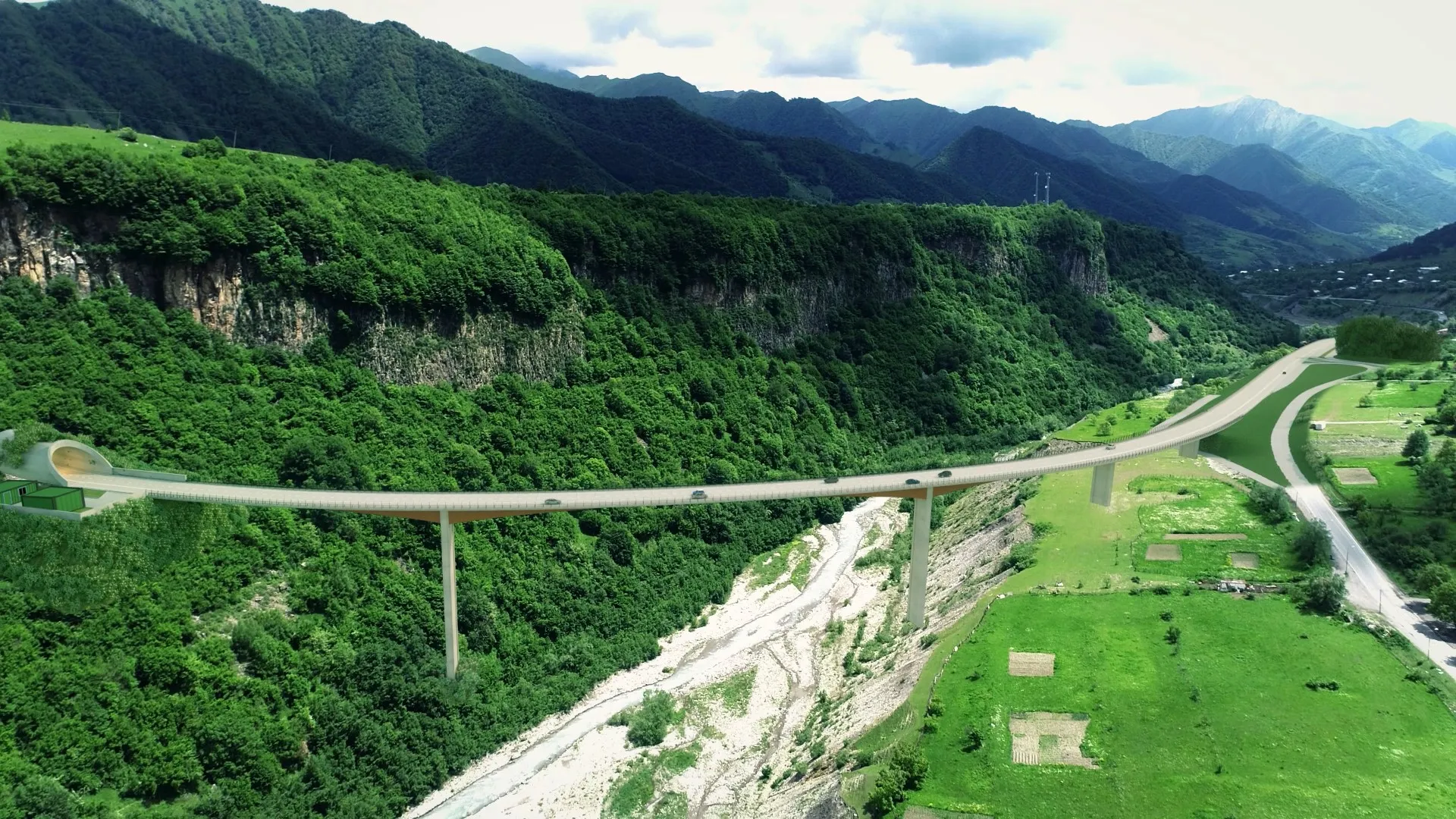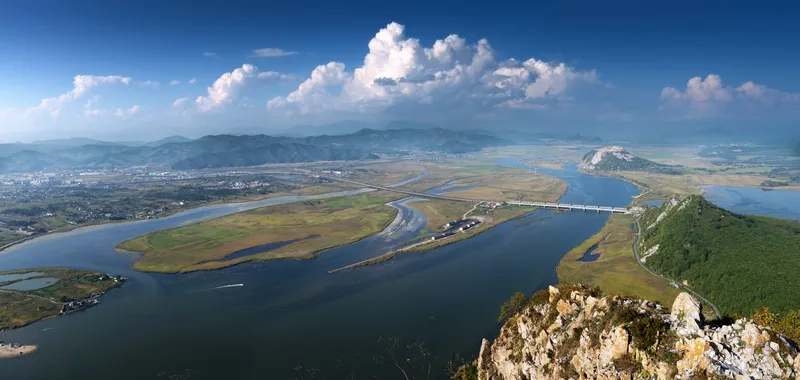Turkish company Cengiz Insaat has reportedly been awarded the €115 million contract for the construction of the Suhodol-Tarcin motorway in Bosnia. The works, which will be done in cooperation with Bosnian company Euroasfalt, will include two tunnels. One of the will be 400m long, while the other will be 2.5km. Works are expected to be completed by 2014.
August 28, 2012
Read time: 1 min
Turkish company 4144 Cengiz Insaat has reportedly been awarded the €115 million contract for the construction of the Suhodol-Tarcin motorway in Bosnia.
The works, which will be done in cooperation with Bosnian company5741 Euroasfalt, will include two tunnels. One of the will be 400m long, while the other will be 2.5km. Works are expected to be completed by 2014.
The works, which will be done in cooperation with Bosnian company








